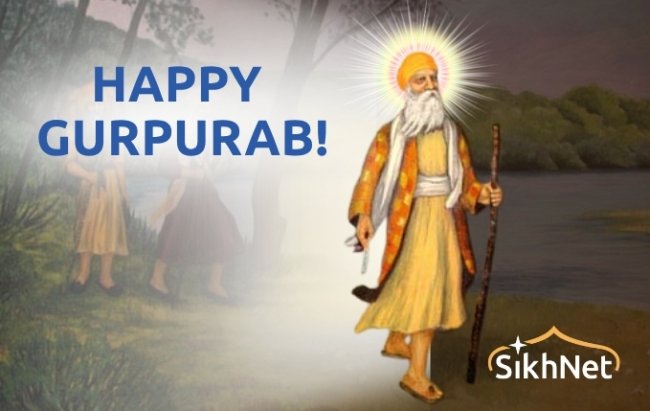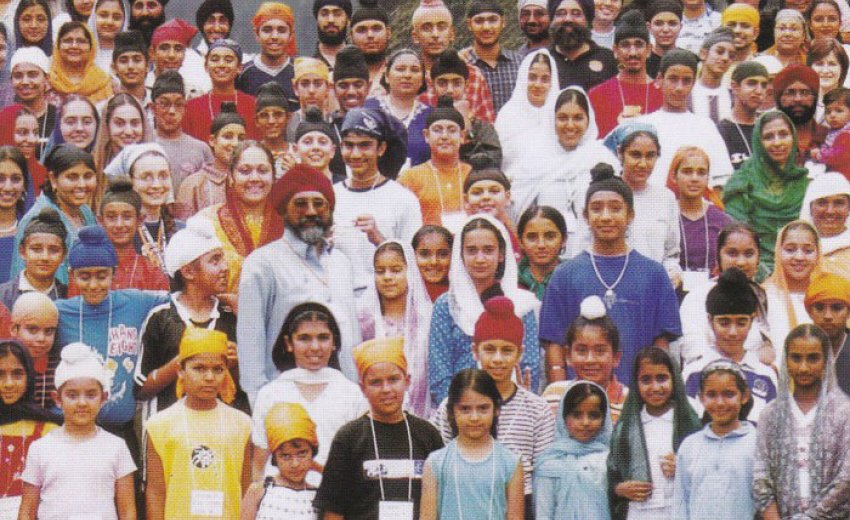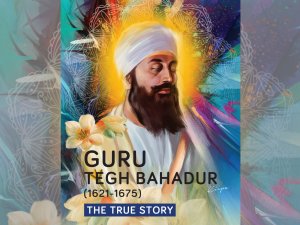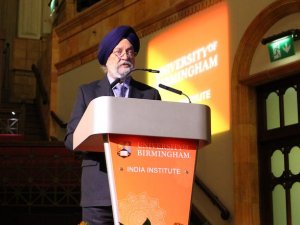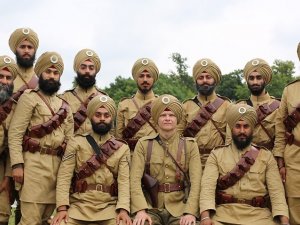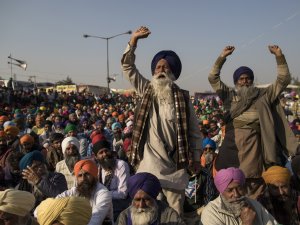Malaysian Background to Gurmat Camps
( Gurmukh Singh UK )
(Note: Part of this article is based on my early life in Malaysia from 1948 to 1959.)
This is the season of Gurmat camps in the UK. It is possible that the Sikh Missionary Society UK, founded by Gursikh scholars like late S. Gurbachan Singh Sidhu, is one of the first UK organisations to run such camps. This year, the Society is holding its 38th Gurmat Camp at the beautiful location of Guru Gobind Singh Khalsa College, at Chigwell in Essex. The College has good sports and recreation facilities so important for these camps.
Led by Gursikh mentors, such camps are now run all over the country. The language medium is English; but original Sikhi word-concepts are used. Divided into age groups, the children are able to participate at own level of understanding.
Information brochures about the main objectives of these camps tell us that children learn together about different aspects of Sikhi and Sikh heritage so that they feel "a sense of pride and self confidence" in own Sikh identity. They learn in a relaxed, but disciplined camp environment, while enjoying leisure activities.
Through practical training they get to know the meaning of sewa (selfless service with humility) and other Sikh concepts such as sangat (congregation) and pangat (sitting and sharing food at same level). These institutions teach them about sharing and equality of all human beings. There are discussions about Sikhi founding concepts which relate to these great Sikh institutions.
The langar of the Khalsa - food distributed to those in need - is now known the world over thanks to the field work of organisations like Khalsa Aid based in the UK. Those trained in these camps move on to join such sewa organisations in diaspora countries.
All in all, it is participative learning, as the children discuss Gurmat and Sikh tradition, and sing Gurbani keertan. They take part in physical exercises and leisure activities to stress the relationship between mind and body. They learn that Sikhi living is action based, with stress on here-and-now. Sikh way of life demands both: a sound body and a Gubani-centred mind.
One important aspect is that, "All topics are selected to ensure that they are relevant to the challenges that the young Sikhs face, here in the West." (Sikh Missionary Society's camp brochure).
Quite interestingly, Gurmat camps can be traced back to "Granthi Samelans", which were residential seminars for religious and educational personnel in the 19-fifties in British Malaya. They were attended by Gurdwara Granthis (priests), Punjabi school teachers and missionary parcharaks (preachers). In those days, two visiting parcharaks who toured the Gurdwaras in Malaya, Giani Phuman Singh and Giani Hari Singh Bilga, were from the Singapore Sikh Missionary Society (Singapore was part of British Malaya until 1957, when the British left.)
These samelans were started by far-sighted Sikh stalwarts like Headmaster Gurbachan Singh who was posted at Kuala Lipis (then capital of Pahang State). Scholars like Giani Inder Singh Gill, Giani Naseeb Singh, Giani Jang Singh, poet-Granthi, Dasaundha Singh Mustak, and Granthis and Keertanias like, Giani Bachittar Singh, and our father Giani Harchand Singh Bassian gave good support. The first samelan was held at Kuala Lumpur in 1953 (photo). As a teen-ager, I recall visiting the samelan for half a day and had langar with those Gursikhs dedicated to community sewa.
Businessmen like S. Amrik Singh of Pahang Khalsa Store, and well educated Sikhs in various professions, supported such initiatives. They realised the importance of such religious training and Gurmat discourses for the future of the Malaysian Sikh community.

Later, the move towards Sikh youth Gurmat camps was launched and strongly nurtured by Baba Sohan Singh of Malacca along the lines of the earlier Granthi Samelans. I had moved away from Malaysia by 1959. Youngest brother Dya Singh (now of Australia) was amongst the first participants of these camps. He received encouragement and blessing from Baba Sohan Singh and recalls Gursikhs like Master Joginder Singh (now in Adelaide, Australia), late S. Sarjit Singh Bassian and S. Sangat Singh with great affection. Later S. Hari Singh, S. Karminder Singh and S. Autar Singh (of the Learning Zone) have been involved in parcharak training so important for Sikh diaspora countries.
Large scale international Gurmat camps are organised in countries like Malaysia. These are well organised and led by those with good experience of working with children and young Sikhs. Sikhs brought up in the Malaysian Sikh Youth Gurmat Camp culture are now part of the second wave diaspora (from Malaysia) and have taken their methodology to other parts of the world.
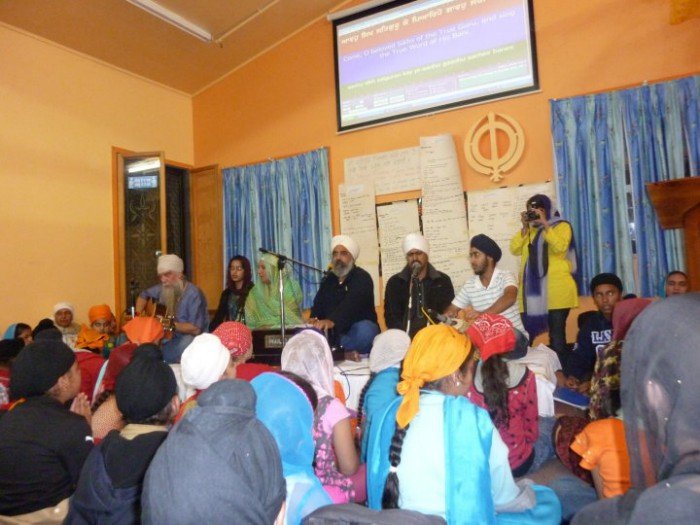
As mentioned above, Dya Singh, now world renowned Gurbani sangeetkar (singer), so popular amongst next generation Sikhs, was himself inspired by these Sikhi camps. He has been assisting in camps in US, Kenya, Australia, New Zealand, Malaysia and Singapore.
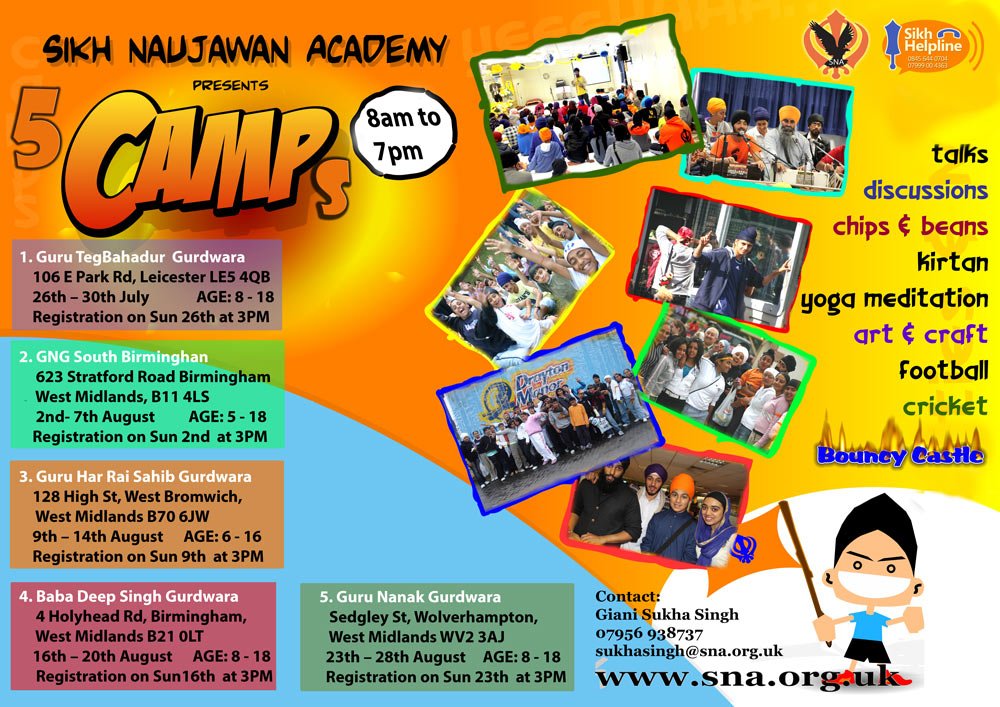
Recently, he wrote, "On my travels I know for a fact that those trained in Malaysian camps, have started up similar 'camps' in Sydney, Melbourne, Perth and Brisbane in Australia. I met two others, Sikh Naujawan Sabha, Malaysia, sewadars - inderjeet Singh and Sukhdev Singh in Vancouver where they have similar camps. Yadhvinder Singh has a similar camp in Auckland, New Zealand. Malaysian Gurmatt camp facilitators travel regularly to Thailand, Indonesia and Singapore to conduct such camps. Recently such facilitators also travelled to Sweden, Germany, England and also Vietnam to assist in similar camps."
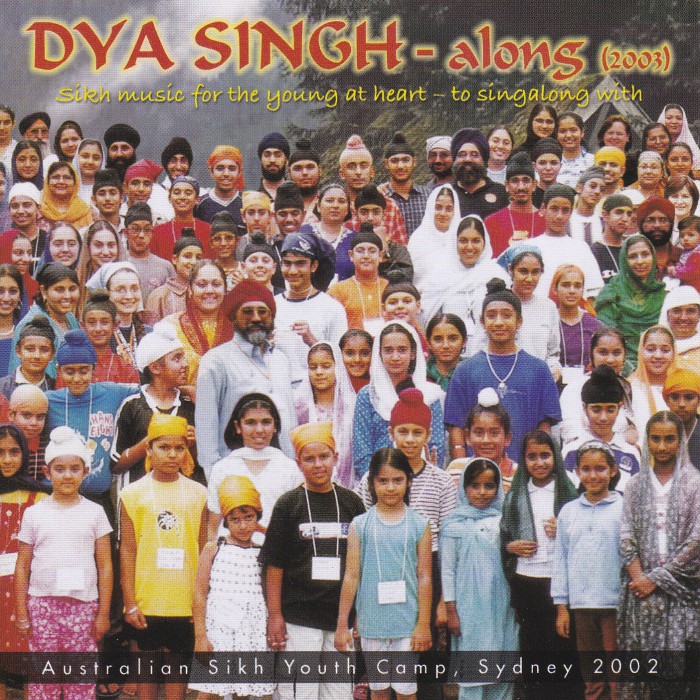
In Malaysia, Gurmatt camps have been extended to provide training of Sikh parcharaks of the future. Writes Dya Singh, "Today barely a weekend goes by without a 'mini-samelan' in virtually all major towns in Malaysia, including Singapore leading to the Annual Samelan in some city of Malaysia, one week before Christmas. On average 1000 Sikh youth descend upon some university or technical college which is hired for one week for the purposes. It takes a dedicated 'sewadars team' of over 300 to carry it through. That would include classes converted to dormitories, continuous langgar and a fully coached 'delivery team' which is always bilingual (English) and also the Malay language. (In fact, Master Joginder Singh Ji wrote a book on Sikhism called 'Ugama Sikh' in the 1960's which has been reprinted again last year.)"
Dya Singh believes that the Sikh Naujawan Sabha, Malysia (SNSM), played an invaluable part in Sikhi parchar amongst the Sikh youth in SE Asia. "I have had a lifetime of involvement with SNSM (50 years) which has been of great benefit to me for direction, and I have been involved in later years as a facilitator. I also know that even before SNSM there were Youth Gurmat Camps in towns like Taiping, Penang and Singapore since the 1950's."
Today Sikh youth from all over the world attend the Malaysian Annual Samelan - from UK, USA, Canada, India, UAE, and the other countries mentioned.
SNSM have now purchased over 20 acres near Ulu Yam Bharu a few miles north-east from Kuala Lumpur. They are developing that as a permanent site for Sikh youth activities and also the Annual Samelan. At present 'Khalsa Land' has accommodation for up to 250, a gurdwara and huge playgrounds. (Beautiful setting, and I have been promised a visit when next in Malaysia.)
Malaysian Sikhs have always considered Gurdwara as a place where Sikh youth could enjoy coming for fun activities and also learning about Sikhi. Most Gurdwaras have playgrounds, libraries, computer rooms, and extra programs outside the regular Sunday morning 'Gurdwara' and Sukhmani Sahib.
So, it seems, Gurmat camps with the right facilities and mentors, do produce future Sikh leaders, who, in turn, guide next generations in the diaspora as they move around.
Gurmukh Singh
(Principal UK Civil Servant ret'd)
Chair, Advisory Board
The Sikh Missionary Society UK
Member, Sikh Council UK
E-mail: [email protected]
